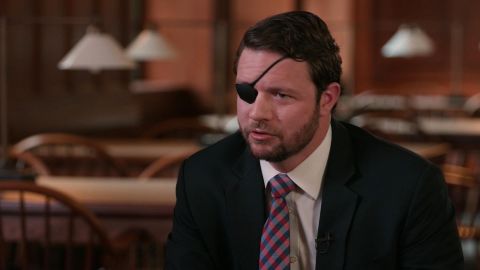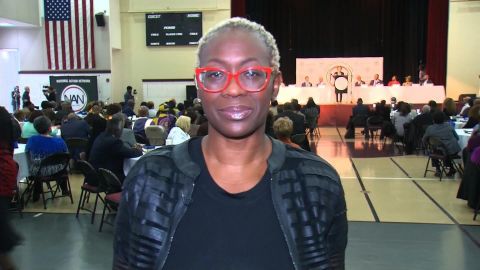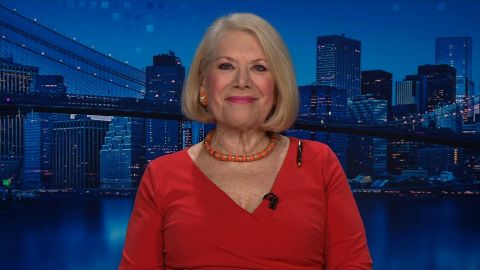Read Transcript EXPAND
CHRISTIANE AMANPOUR: So, tell me how this lady lawyer, you know, moniker that was attached to you, how did it manifest in court? How did the other side treat you? How did the judge treat you?
JILL WINE-BANKS, AUTHOR, “THE WATERGATE GIRL”: Oh, there are so many examples. They’re too numerous to mention. I mean, Leon Jaworski called me lady lawyer no matter how many times I asked him not to. And he would say, but I’m so proud of you and I want people to know. And I said, Leon, you’re introducing me in person. They can see if you say I’m lawyer. And he just kept on doing it. In court, I had sexist comments put to me when I was cross-examining Rosemary Woods. Judge Sirica interrupted with, now, ladies, we have enough problem in this courtroom without two women arguing. And, you know, the blood drained from my face, but you can’t say anything to the judge. You just to keep on going. And there were many examples of that. One of the defense lawyers said, oh, what an attractive juror that is, she’ll be competition for Jill. And I called him on that. You can’t speak back to the judge, but you can to a defense lawyer. So, there were a lot of examples.
AMANPOUR: Yes. And you’re talking now about the Watergate case where you were —
WINE-BANKS: Yes.
AMANPOUR: — one of the prosecutors. So, just tell me when you had this, you know, oh, the last thing we need is two women — are two ladies arguing. You said, you know, the blood drained from your face. Yes, you were insulted, but is that because you think it also put you at a disadvantage against either the jury, but also the Nixon lawyers?
WINE-BANKS: It does put you at a disadvantage, because you need the trust of the jury. You need them to believe you and to trust you. And anything that demeans your position takes away from that. And so, I’ve had — way before Watergate in trials, a lawyer would take my elbow to help me step up to the bench for a bench conference or would sniff at my neck and say, nice perfume, loud enough for the jury to hear. And those are things — and you’re in a tough situation, because as a woman, you have to be careful not to be so assertive that you’re viewed as — I don’t know if I can say this on television, but you’re viewed negatively, as overly aggressive.
AMANPOUR: Does it rhyme with rich?
WINE-BANKS: Yes, it does.
AMANPOUR: Indeed.
WINE-BANKS: You’ve got it. Exactly. So, it’s a tricky situation as to how you talk back.
About This Episode EXPAND
Sanders 2020 campaign co-chair Nina Turner explains why she thinks the senator has what it takes to go up against President Trump. Jill Wine-Banks tells Christiane about her experience as the only woman on the prosecution team during the Watergate investigation. Congressman Dan Crenshaw of Texas sits down with Walter Isaacson to discuss healthcare, gun violence, the environment and more.
LEARN MORE


